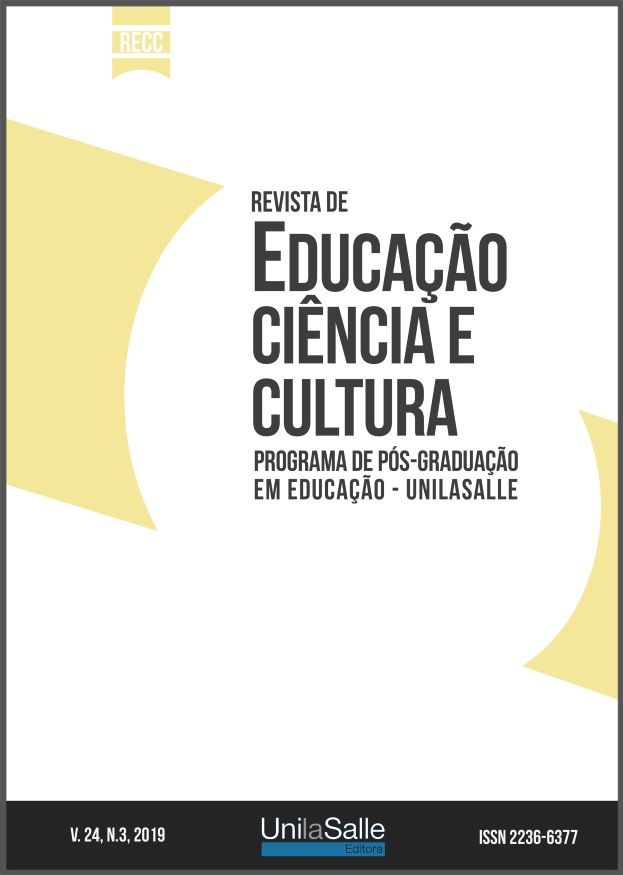The challenges of higher education in Mexico facing sexual diversity
DOI:
https://doi.org/10.18316/recc.v24i3.6150Keywords:
Sexual Diversity, Mexico, Discrimination, College Education, Interculturality.Abstract
Although it is true that The Mexican Constitution highlights in some of its articles the need to respect values, ideology and beliefs of any citizen, regardless his or her preference or sexual orientation, the everyday social interactions reveal that the individual guarantees are not fulfilled as stated in our Magna Carta. In Mexico, the right not to be discriminated against was discussed and approved in August 2001 by the legislators in the framework of the Constitutional Reform. Undoubtedly, this is an important advance in legal matters. However, what does the reality lived in our country tell us, when the right to free exercise of sexual preference continues to be ignored and is even more linked to practices of family and social discrimination and harassment? In that sense, what is the role that government institutions should play with respect to sexual diversity? Furthermore, how could universities and institutions of higher education contribute to the construction of an ethical and political system that applies the right to equality with the recognition of difference? Unquestionably, the subject gives more than what we will discuss in this paper. However, we intend to contribute with it to Mexican university research on sexual diversity. To do this, we will start from a review of the legal frameworks that accompany this theme in our country, as well as a review of some national surveys on sexual discrimination, plus some central axes on which higher education institutions have focused their policies investigations and finally, we will recover some reflections derived from a research in Interuniversity Network. All this with the sole desire to contribute to the breaking of the heteronormative gender canons and help in the free choice of the subject for the exercise of their sexuality.
Downloads
Published
Issue
Section
License
Authors must submit their manuscripts to be published in this journal agree with the following terms:Authors maintain the copy rights and concede to the journal the right of first publication, with the paper simultaneously licensed under the License Creative Commons attribution that permits the sharing of the paper with recognition of authorship and initial publication in this journal.
Since the articles are presented in this journal of public access, they are of free use, with their own attributions for educational and non-commercial purposes.
The Periodic Journal of Education, Science and Culture in http://www.revistas.unilasalle.edu.br/index.php/Educacao was licensed with a Creative Commons - Attribution - Noncommercial 3.0 Not Adapted.


